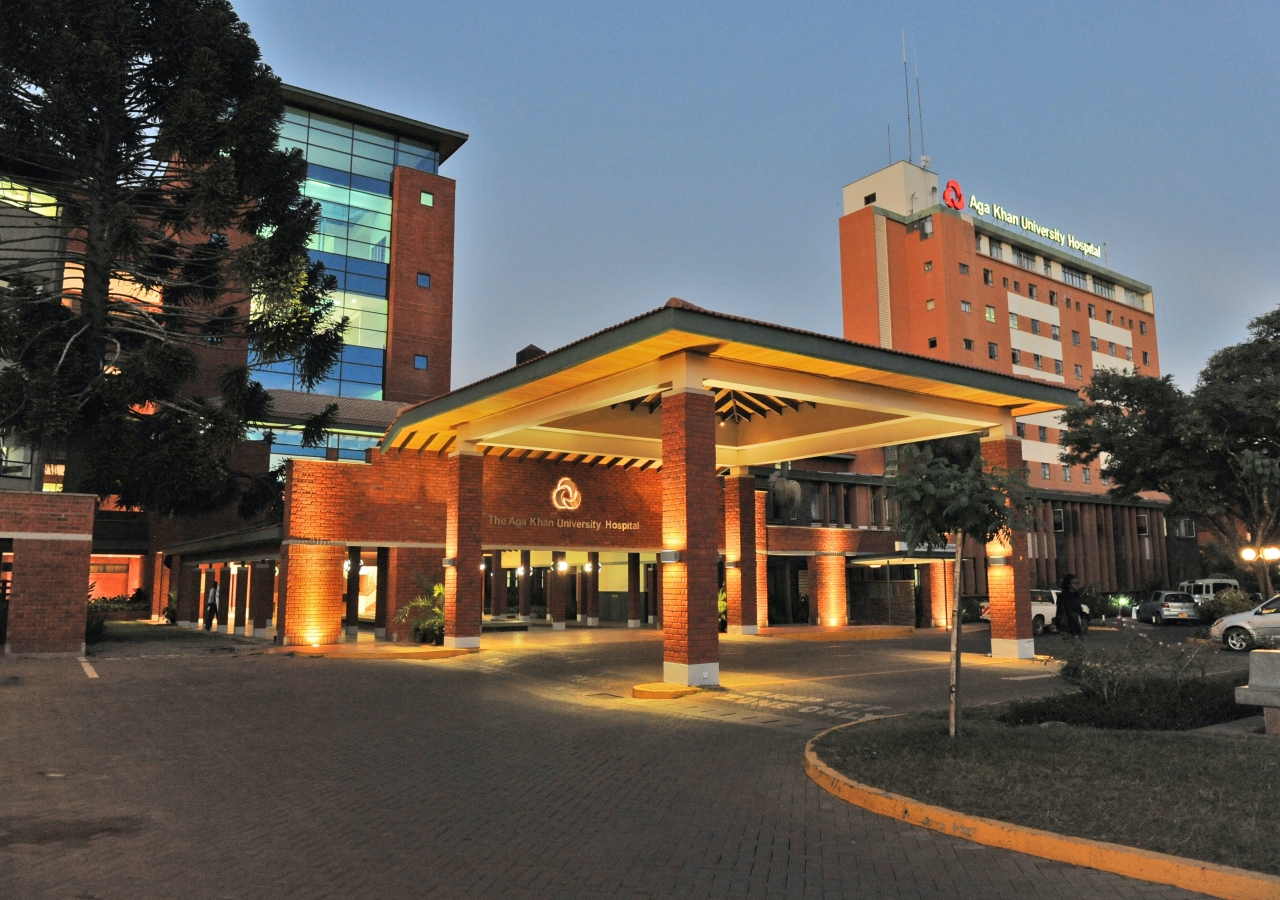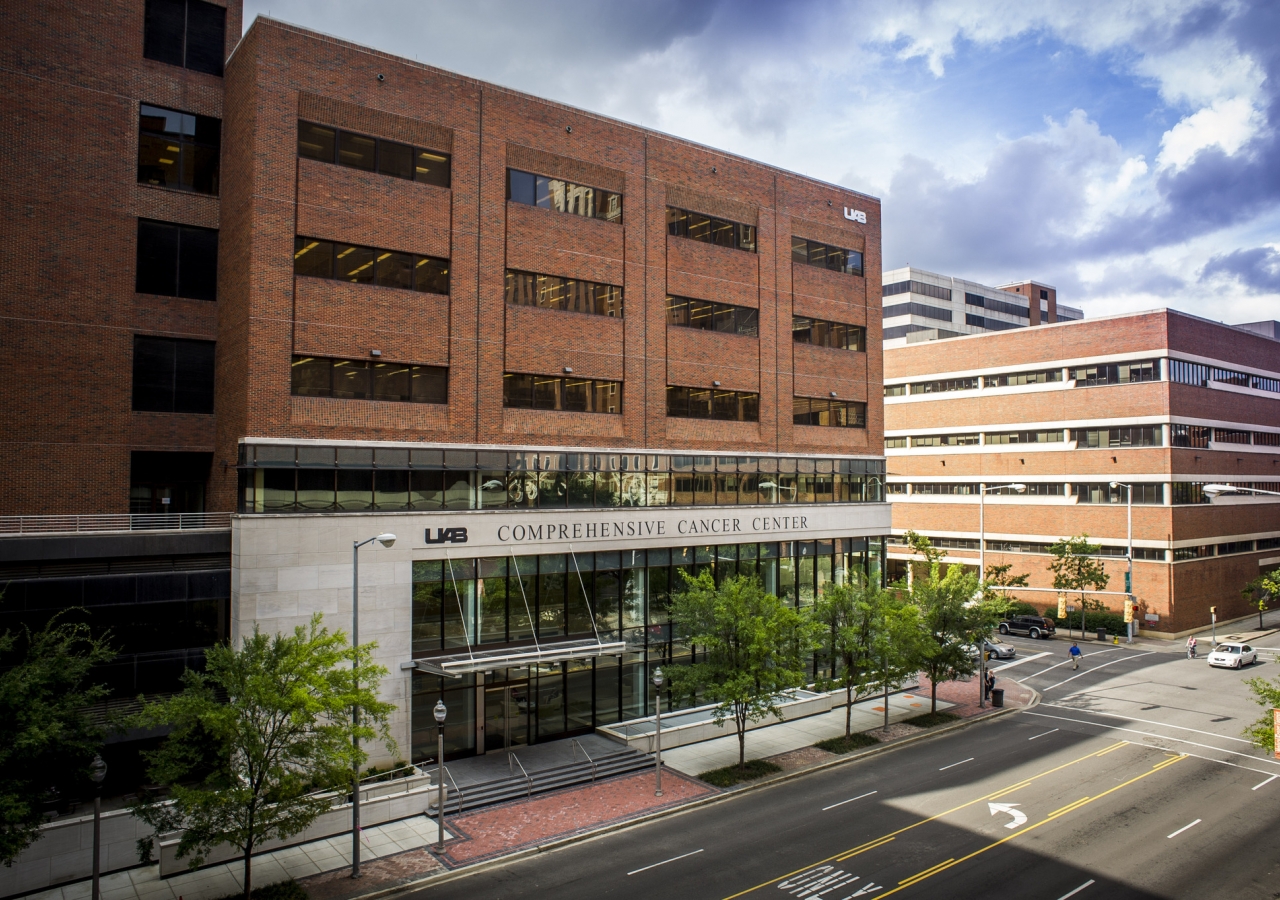“UAB’s global outreach, which began in the early 1950s, has expanded through such vehicles as individual faculty contacts and formal partnerships with international peer institutions—primarily for faculty and student exchange, joint educational programs, and joint research. We at UAB look forward to working with Aga Khan University in activities such as these to address the complex issues facing the world today.” Penny Whiteside, Director, Sponsored International Programs, Office of VP for Research, University of Alabama at Birmingham.
Aga Khan University and the University of Alabama at Birmingham have signed a Memorandum of Understanding regarding academic, cultural exchange, and research programs that will enable faculty and students to explore new ideas in their classes, laboratories, studios, and clinics. This initiative will leverage their experience and strengths in research and scholarship to address real world issues. They are currently considering joint research and training initiatives to address HIV, breast cancer, and translational science and health disparities
Aga Khan University ((AKU) President Firoz Rasul commented on the partnership:
“Many years ago, there was a vibrant and flourishing collaboration between AKU’s Department of Community Health Science and UAB’s School of Public Health. With the recruitment of UAB alumnus Dr. Mansoor Saleh, who now heads our oncology program in Nairobi, and the recent visit to UAB by Provost Carl Amrhein and Medical College Dean, Adil Haider, we have reawakened the historical ties between our two institutions. With the signing of the AKU-UAB MOU, we look forward to a productive academic exchange and joint research efforts in areas of mutual interest. It is indeed an exciting new beginning.”
The agreement between the two institutions was signed by Suzanne Austin, Senior Vice Provost and Senior International Officer from UAB, and Carl Amrhein, Provost and Vice President, Academic, at AKU.
“UAB places great value in strengthening its global outreach efforts in both academics and research and has taken steps to increase the scope and scale of our ability to contribute cutting-edge, problem-solving ideas on the global stage,” Austin remarked. “We look forward to working with Aga Khan University to enable both institutions to expand the scope and impact our knowledge, discoveries and innovations may have for the benefit of our respective constituencies and the global community at large.”
“AKU is committed to fostering global partnerships that can help drive innovation and social change,” Amrhein said. “This agreement reflects our continued commitment to work with the world’s best institutions to address the world’s most pressing problems.”
“Both Aga Khan University and the University of Alabama at Birmingham serve unique vulnerable segments of the population that face societal inequities,” said AKU’s Professor Mansoor Saleh. “Our partnership will allow us to learn from each other on how to better serve this constituency. The transfer of knowledge and know-how across the two institutions will be strengthened by this agreement. We look forward to joint grant applications and the exchange of trainees and faculty across our campuses.”
Prior to joining AKU, Dr. Saleh was a senior scientist at the O'Neal Comprehensive Cancer Center, director of UAB’s Early Drug Development Phase 1 Program, and a Visiting Professor at AKU. He recently joined AKU as the Founding Chair of the Department of Hematology-Oncology and the Founding Director of the newly-established AKU Cancer Center in Nairobi.
“We are excited about this new relationship with Aga Khan University,” said Michael Saag, M.D., associate dean for Global Health at the UAB School of Medicine. “Through the efforts of Dr. Saleh, we will be able to establish a platform that allows bidirectional research, education and training activities between the two institutions. This can serve as a resource for UAB and Aga Khan, but also as a bridge to other institutions throughout sub-Saharan Africa who might wish to collaborate on research projects.”
There are some similarities in the populations both institutions serve, as there are underserved communities in both Alabama and in the several countries in which AKU operates, including Pakistan, Afghanistan, and East Africa. It is hoped that this collaboration will lead to improvements in the health and quality of life of the regions where they can have a significant impact.
This new AKU MOU follows other agreements signed with leading institutions in the United States. Earlier this year, an agreement with Columbia University and AKU’s Institute for the Study of Muslim Civilisations in London will offer a dual Master’s degree; an MOU with the University of Washington in 2019 encourages collaboration in research, and health and education initiatives; and an MOU with the University of San Francisco in 2009 provides for joint efforts in building integrated healthcare models and expanding their linkages in family medicine and midwifery training.









